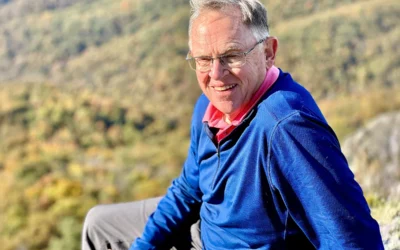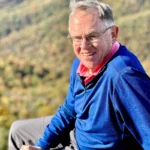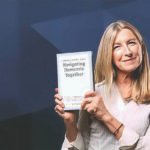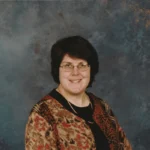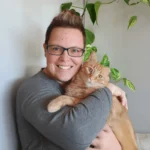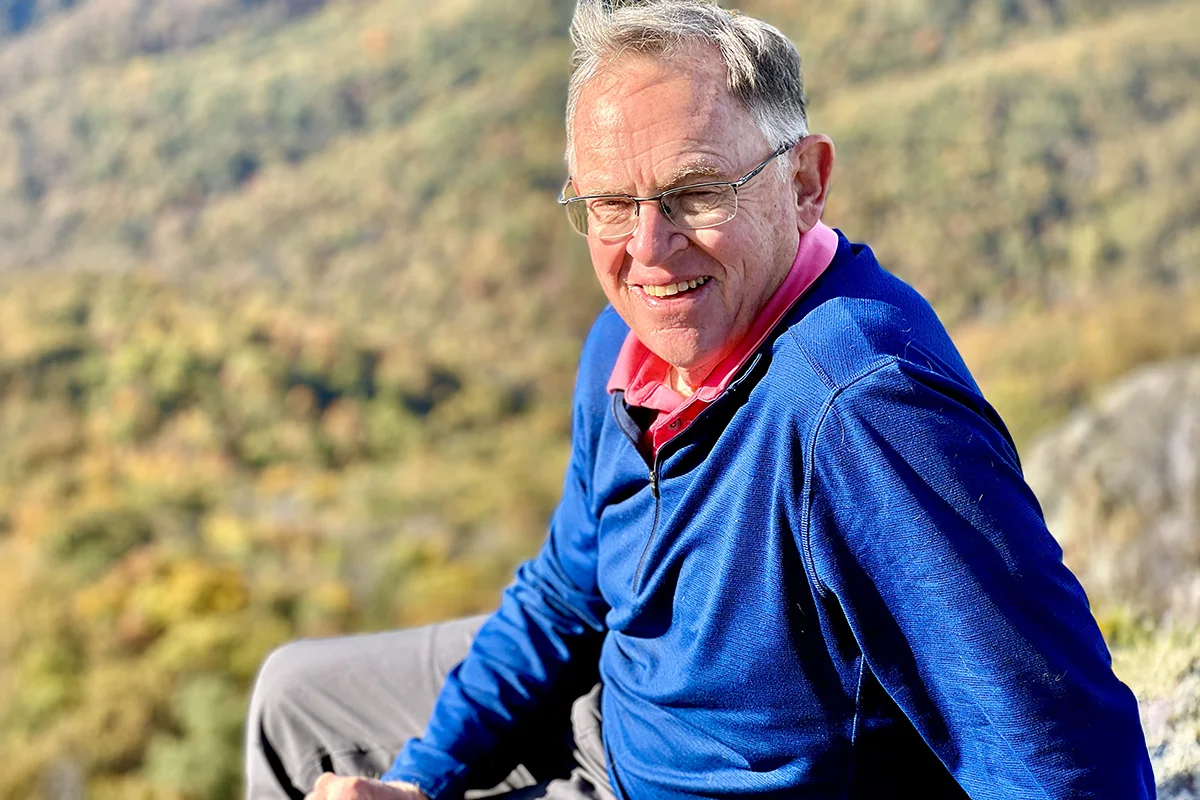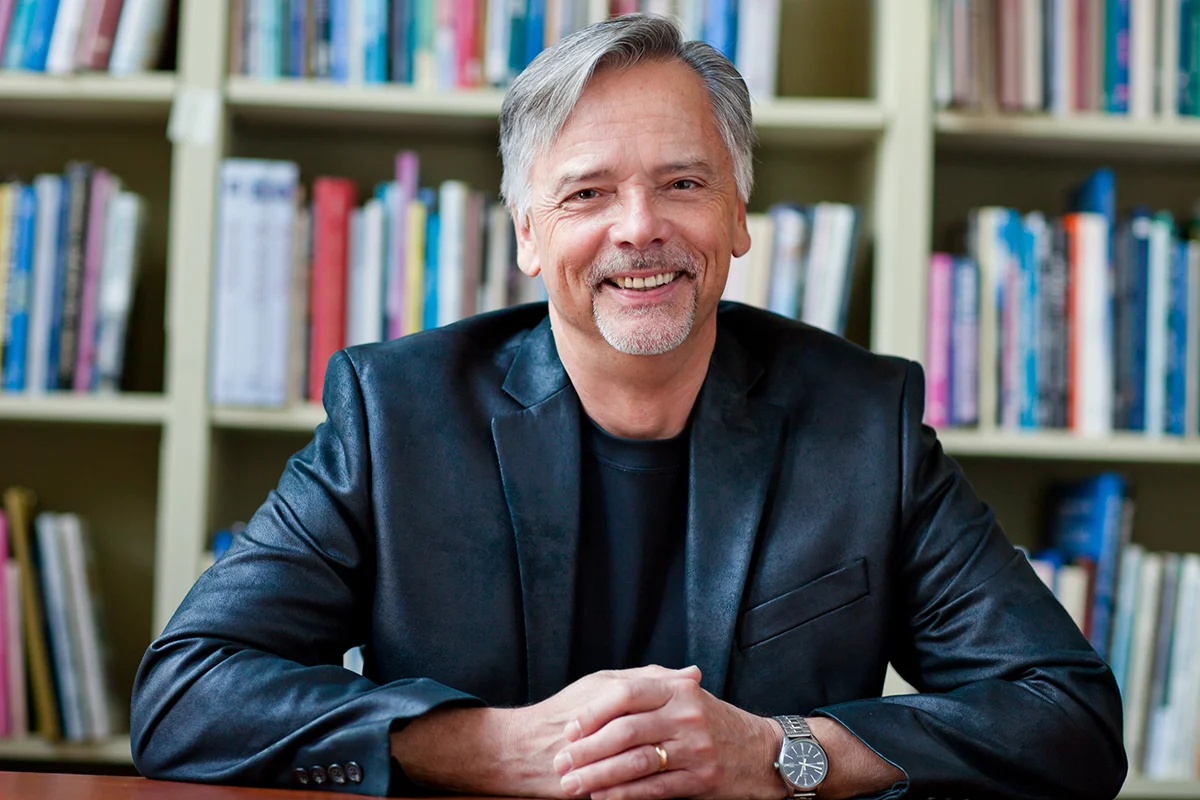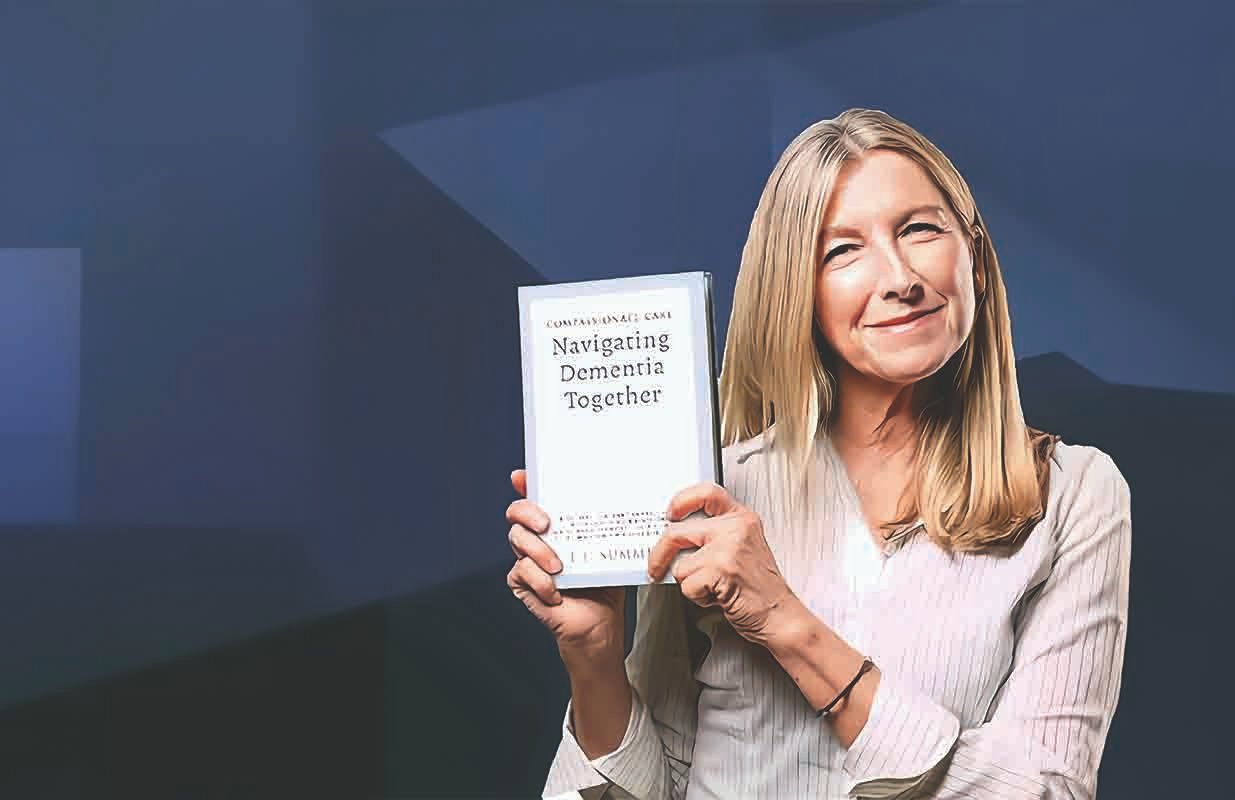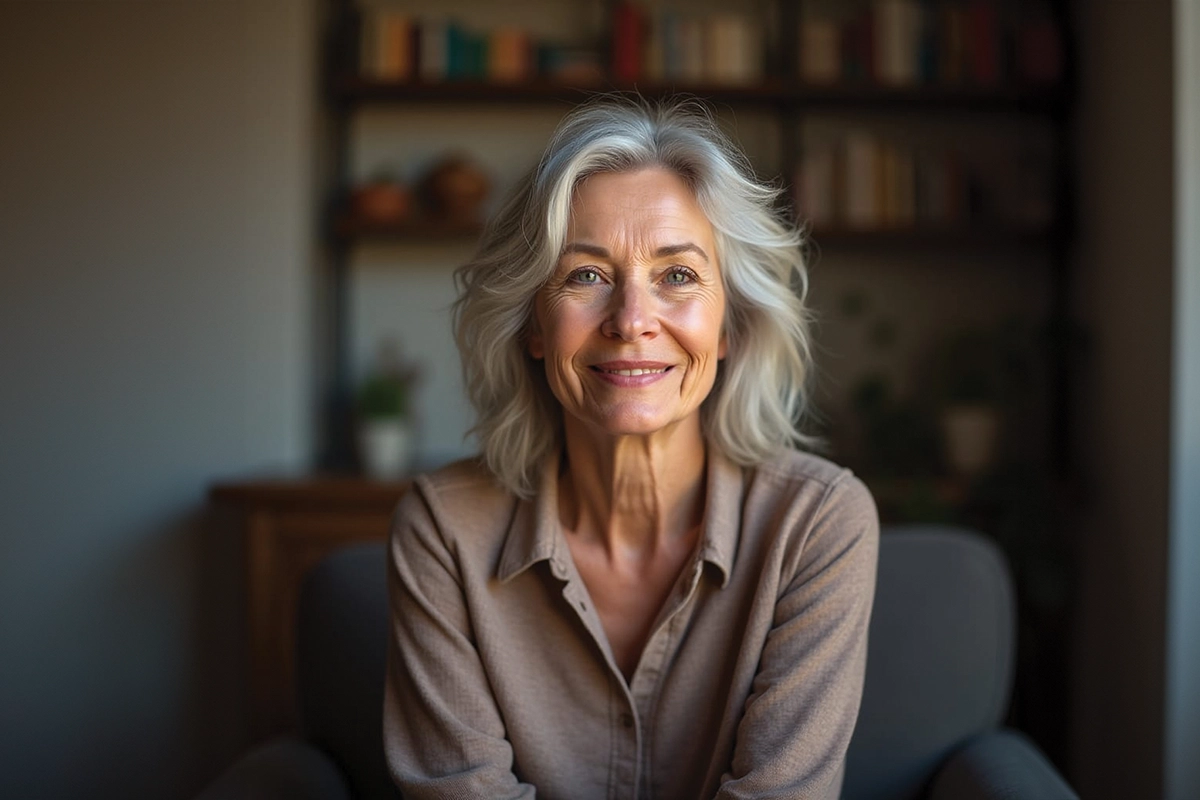Kristin Levine Inspires Readers With Stories Of Courage, Compassion, And Connection
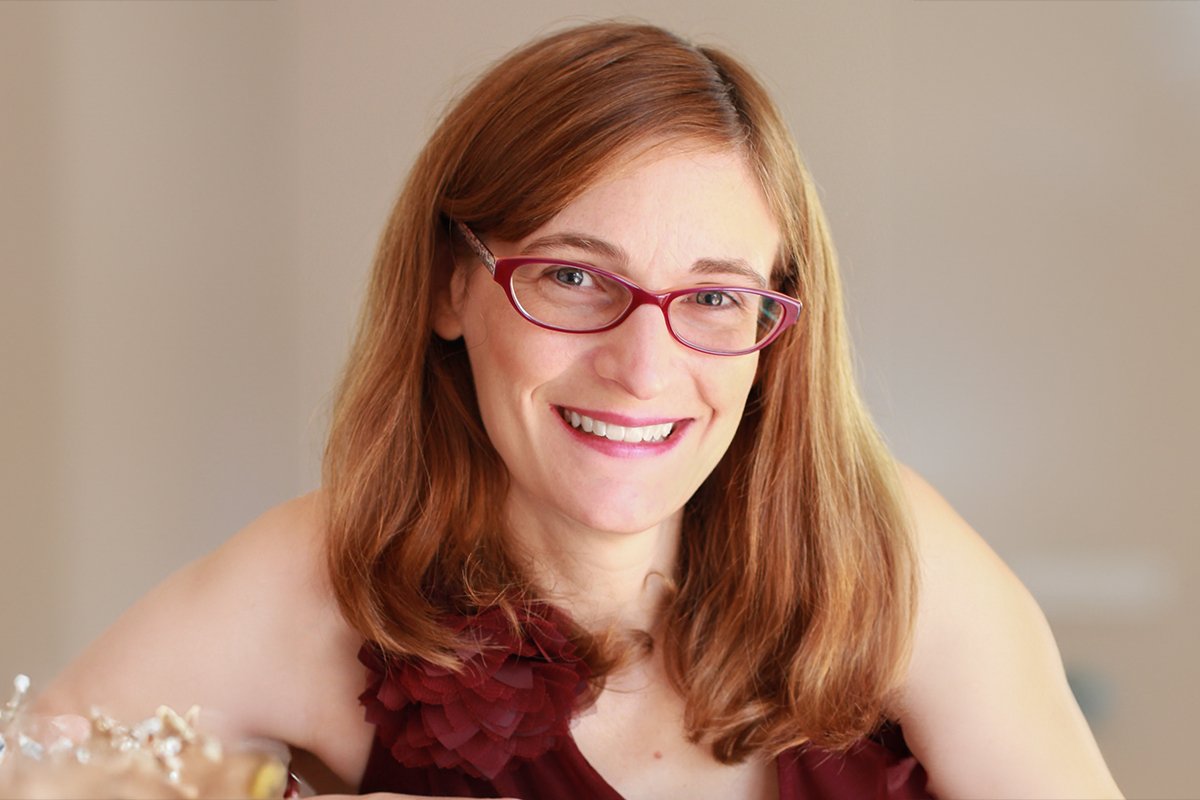
PHOTO: Author Kristin Levine, celebrated for her emotionally resonant and historically inspired novels for young readers.
Exploring History, Family, And Empathy Through The Eyes Of Young Protagonists
Kristin Levine crafts moving, historically rich stories that highlight bravery and understanding. Her novels empower young readers to face fear, embrace empathy, and discover strength through storytelling.
Author Kristin Levine brings history and humanity to life through her captivating, heartfelt novels that illuminate courage, friendship, and the search for understanding. A master of middle-grade storytelling, Kristin’s work bridges generations by transforming family history into timeless narratives that resonate with honesty and hope. Featured in Mosaic Digest magazine, this conversation reveals the depth of her creativity and her unwavering belief in the power of empathy and learning through fear.
Her novels—The Lions of Little Rock, The Paper Cowboy, and The Thing I’m Most Afraid Of—explore identity, anxiety, and moral growth with grace and authenticity, inspiring readers to confront life’s uncertainties with courage. Through her words, Kristin invites us to see the world through young eyes that are curious, questioning, and brave. Mosaic Digest celebrates her remarkable ability to turn history and personal experience into stories that connect us all.
A gifted storyteller whose heartfelt narratives bridge generations, Kristin Levine inspires readers to reflect, learn, and find courage in the face of life’s most human challenges.
Many of your books are inspired by your family’s history. How do you balance historical truth with fictional storytelling?
I always say, only half joking, that I like to base my books on family history because I’m lazy. I love having characters, names, locations, even events or conflicts already laid out for me. But the story always comes first. To me, it’s more important that a story (or character or location) feels true, than that my description of it is 100% accurate.
“The Lions of Little Rock” tackles segregation through a deeply personal lens. What drew you to tell that story through a young girl’s voice?
“Lions” was inspired by my own personal history with integration. As a child in the 1980s, my mainly white neighborhood school was paired with a mainly black school across town. I rode the bus for 4-6th grade and loved attending a school filled with social, racial, and economic diversity.
When I was researching this book, I interviewed a woman who was 12 years old when the schools were closed in Little Rock. Hearing about that experience from her perspective was fascinating. Early adolescence is such an interesting time because it’s often when kids first start to question the values of their parents and those around them. I also love writing about that age because when you’re 12 or 13, you’re really beginning to see the wider world around you – but you can’t go out and explore it on your own yet. So reading becomes a way to stretch your wings.
In The Paper Cowboy, you explore themes of guilt, redemption, and community paranoia. What inspired you to set this story during the Red Scare?
When I was a kid in the 1980s, the Soviet Union was the villain in all the popular books and movies. The Soviet Union dissolved in 1991, and the next year, I went to work in Vienna, Austria, as an au pair. When I signed up for “German for Foreigners” at the local university, I found myself in a class full of young women from the former Soviet Union. Turns out, they weren’t evil, and they didn’t hate the United States. They were just trying to find their place in the world – just like me.
The Thing I’m Most Afraid Of explores anxiety and trauma through a middle-grade perspective. How did your own experiences shape Becca’s character?
The obvious answer is that the book is based on the year I lived in Vienna, Austria, working as an au pair. But the whole book is really a meditation on the idea that you should “feel the fear and do it anyway.” Bravery is often celebrated, but I wanted to explore the idea that being afraid is a part of being human. Accepting that you often won’t feel brave, opens your life up to so many cool and wonderful experiences.
I remember being very scared during my year in Vienna, but also feeling exhilarated about learning a new culture and language. I was scared when I went back to school to study data science, with my fellow students young enough to be my kids. And I was so scared when I first tried to write a book, that it took me eight years to get it published!
But each time I was able to I was able to tolerate the anxiety and keep moving forward, it led to the most wonderful experiences.
“I want my books to help readers see that courage often starts quietly, from within.” – Kristin Levine
How do you approach writing serious and complex topics for younger readers without overwhelming them?
I think younger readers are eager for serious and complex topics. I’ve always had great respect for children and the way they process the world. They can handle more than we think they can. I also like to sprinkle my books with good decent adults, who aren’t driving the story, but who are there for the kids as an example in kind and gentle ways. Finally, it’s important to me that while endings might not always be 100% happy, they are always filled with hope.
Your books often explore friendship across boundaries—racial, social, or emotional. Why is that theme important to you?
A common thread across all my books is the power of friendship to change us; it’s probably my favorite thing to write about. I love stories where the characters learn from each other and make each other better and stronger than they were before. I value my friends in real life who help me grow so very much.
You’ve studied film, German, and data science. How do your diverse academic interests influence your work as a novelist?
I’ve studied a bunch of different things over the years, but honestly, I’m more surprised about how they all link together. Having studied German was incredibly helpful when I started studying data science and learning Python. A language is a language, whether it’s spoken or computer based! Learning new syntax and having to look up every command when I was starting to program felt so similar to reading a German short story with a dictionary in hand.
Studying film is what taught me plot and storytelling, which obviously became super helpful when I switched to novels. But I didn’t expect my experience with writing novels to be so helpful when I switched to science. Turns out, writing scientific papers is incredibly similar to publishing a book! The peer review process mirrors receiving comments from an editor. Figuring out ways to stay motivated and open to feedback is exactly the same too.
One thing I’d love to tell young people is that you can (and will) change many times in life – and you can embrace that as a strength. In my current job as a data scientist, my boss often speaks about the time he spent bartending and washing dishes. Even though on the surface those jobs have nothing to do with the statistics or genetics he works on now, it’s clear to me that the patience and respect for everyone that he learned in those “unrelated” jobs are a large part of what makes him such a wonderful boss today.
What advice would you give to aspiring authors who want to write impactful stories for young audiences?
Give up on being perfect. I always talk about how I consider myself a bad writer; I’m just a pretty good rewriter. I’m good at being open and taking feedback. I try to be patient enough to make things a little bit better each time I revise them. If you want to be a writer, being able to persevere when it’s boring or tedious or just not going well is WAY more important than any innate ability.

